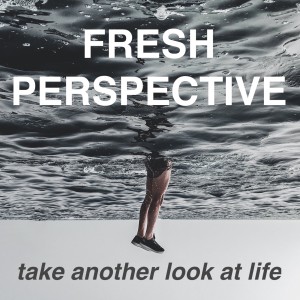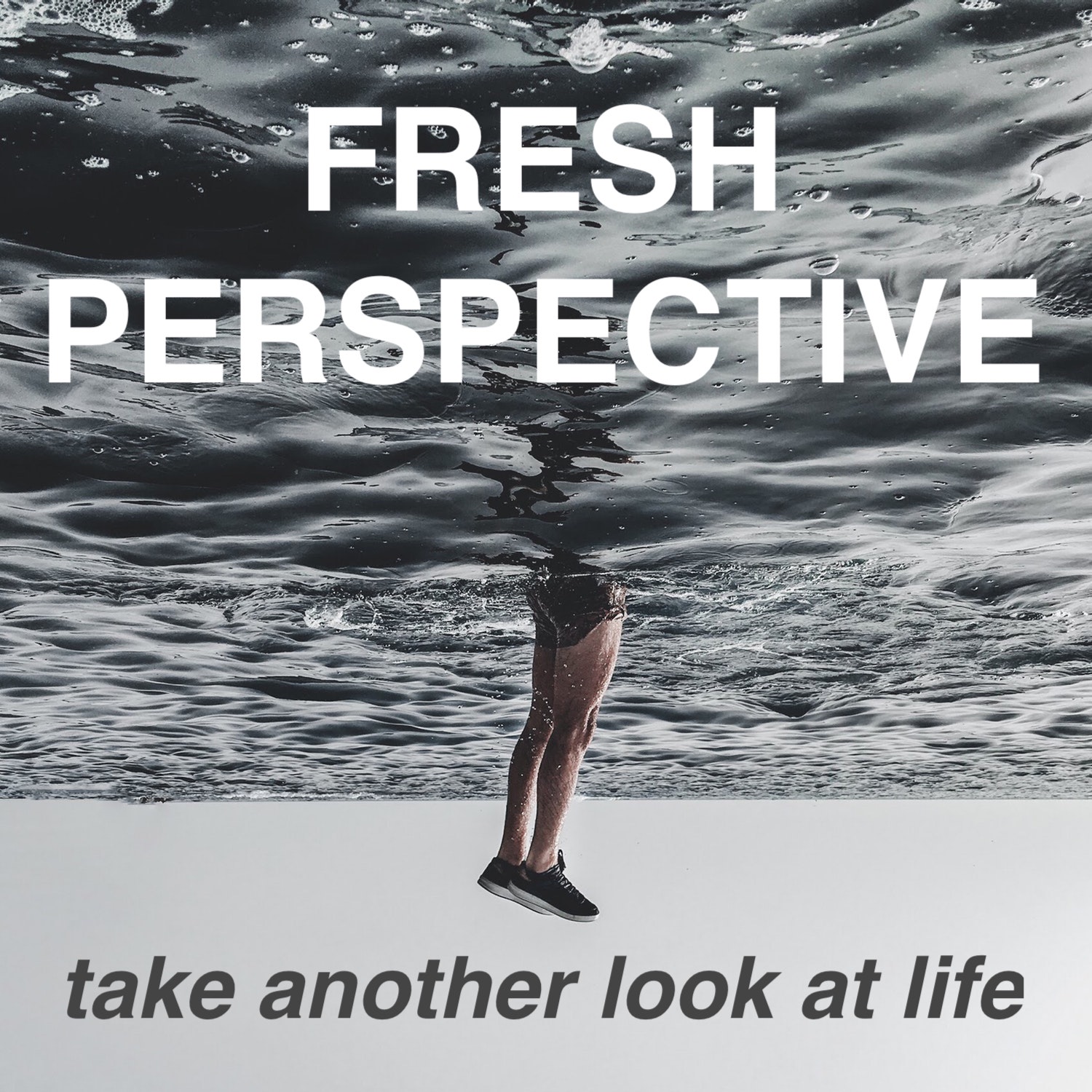Episodes

Monday Aug 26, 2019
Why the Pain? #4 Subjective and Objective pain
Monday Aug 26, 2019
Monday Aug 26, 2019
🇿🇦 SAFFA-EXCLUSIVE OFFER 🇿🇦 If you're a South African anywhere in the world, get free courses on personal development and relationships as well as access to community-exclusive webinars and events. ➡️ Click here to join or find out more.
— — —
Let's say a couple you and your spouse are friends with invite you over for dinner. Then at some stage during the meal, you notice a growing tension between the two of them. First, it is very subtle. A bit of sarcasm, a stinging joke, but then it starts to escalate to the point where they are shouting at one another. How would you feel in this situation? How would you react?
I think you'll agree that it depends on how normal this kind of behaviour is for you. One thing that will affect the way you feel in this situation is your past. Based on your past experiences you might feel offended, relieved, calm, anxious, responsible...we can go on and on. Let me just quickly look at a few scenarios.
If you and your spouse have done exactly the same thing this couple is doing you might feel relieved that you're not alone or you might feel compassion because you know what it feels like to lose control like that. If you've never done something like that maybe you'll feel offended and would just want to get out of there as quickly as you can.
Another thing that will influence the way this fight will affect you is the way your parents handled conflict.
Maybe they had a lot of shouting matches and because of that you feel calm and you're not really very stressed by the situation.
Or the fact that it reminds you of your parents fighting actually triggers massive anxiety and you feel completely overwhelmed and scared.
Maybe you were the peacemaker in your family which causes you to feel responsible for resolving this conflict.
I can go on and on with this list, my point is - the way you will feel in that moment, the pain you'll feel in that moment is completely subjective. It is for this reason that I believe pain cannot be objective. Even when we observe someone else's pain our perception of that pain will still be subject to our own interpretation.
This is why one of my definitions of empathy is about subjecting yourself to another person's paradigm in order to feel what they feel. So, even when you are listening to someone else's pain the only way you can truly engage with that person is by making that paints subjective. If you are not willing to make that pain subjective it is impossible to feel empathy. Why? Because when you listen to someone else's frustration or pain and you think well that doesn't make sense or it's not that big a deal, you may think that you are being very objective in terms of how you look at that complaint but that point of view is subjective to your understanding and interpretation of the pain.
Trying to be objective when talking to your spouse about a frustration is not only going to prevent you from understanding, but it is also very irrational. That's why the most rational people struggle to have empathy. They only see the problem through their own lens subject to their own preconceived ideas, history, paradigm, you name it. But it is not objective it's subjective to their viewpoint. They must consciously subject their point of view to the other person's reality to have empathy.
This is the only rational way to deal with conflict.
To put it another way - it is very common in relationships to have one person that's more emotional in terms of how they react to conflict and another that's more rational. Both of them listen to the frustration or pain of the other in a way that is only subjected to their own point of view, believing that they are being very objective because they are observing from that viewpoint. But pain cannot be objective - it's rather a case of which viewpoint it is subjected to. In order to resolve conflict in a relationship, you have to subject your point of view to that of your partner. AND VICE VERSA!
Only then can you have empathy, only then can you understand, only then can you feel the pain and only then can you start to resolve the conflict. You can then also answer the question: Is this Slow pain or Grow pain?
This rational way of dealing with conflict is ironically also a sign of emotional intelligence. It shows that you know how to differentiate.
Here's something to think about. If you and your partner are stuck. If you find yourselves fighting about the same things over and over again it is an indication that you believe that pain is objective. Embrace the idea that it can only be subjective, even when you think it is totally objective it never is! It is just your subjective view of it. If you are brave enough to subject that point of view to that of your partner’s, you'll start understanding them better, you'll have empathy and not only will you resolve conflict - you will unlock the wisdom that's hidden within that conflict.
If you allow conflict to guide you in this way you will learn new ways to love and cherish your partner, simply because you can now feel what they feel when they are frustrated about certain things. PLUS - you will understand how to help them subject themselves to your point of view. You will know that it is not about one of you being right and the other wrong, but rather to cultivate a deeper understanding of all the ways the two of you misinterpret and misunderstand one another’s pain.


No comments yet. Be the first to say something!